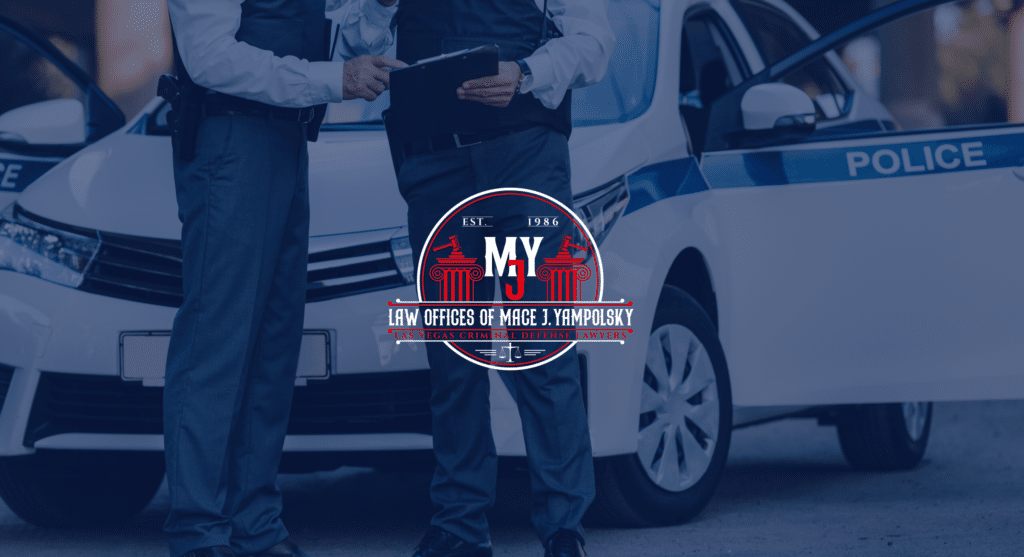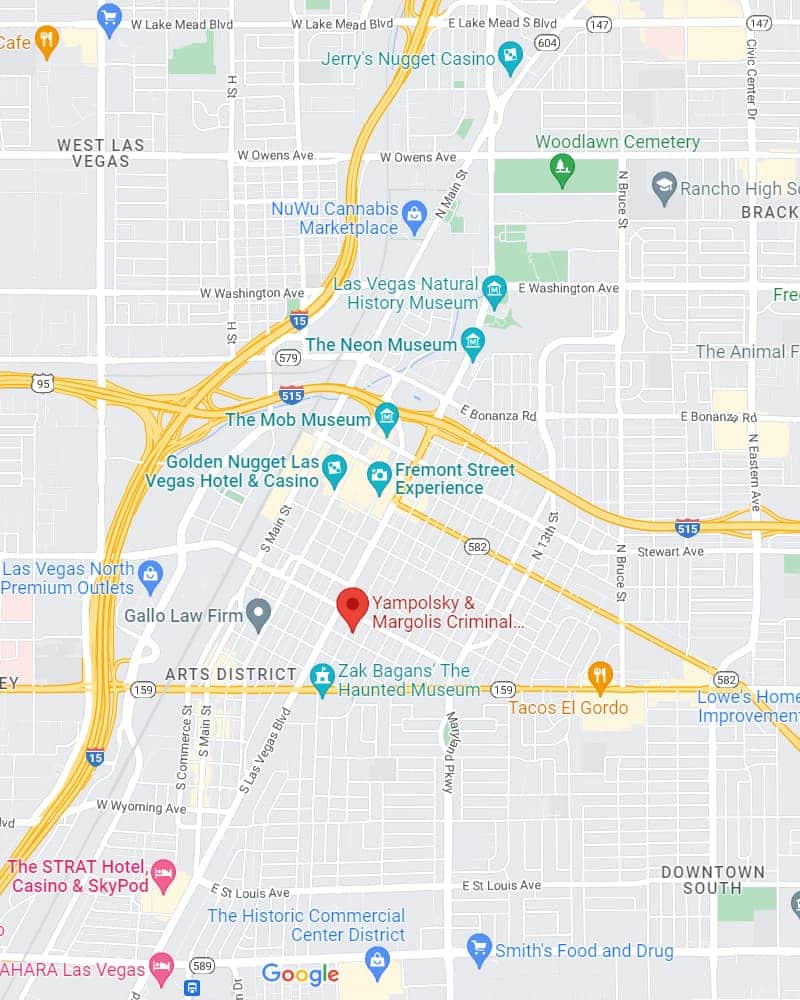Know Your Miranda Rights In A DUI Case
Everyone knows what Miranda Rights are. They’ve seen them on T.V, and could probably recite them by heart. One common misconception is that if you are not given your Miranda rights, your case must be dismissed; however, that is not accurate. Usually, in a DUI case, the officers will not inform you of your Miranda Rights. Many clients will say, “They didn’t inform me of my Miranda Rights, so the case has to be dismissed.”
Well, that’s not the case. Miranda Rights protect you against Self-Incrimination. i.e. Statements that you made that would be incriminating in which you were not given your Miranda Rights. For example, if you’re in police custody and they ask, “Did you steal this television?” and you say, “Yes,” without being Mirandized, they would not be able to use that statement against you as evidence in court.






